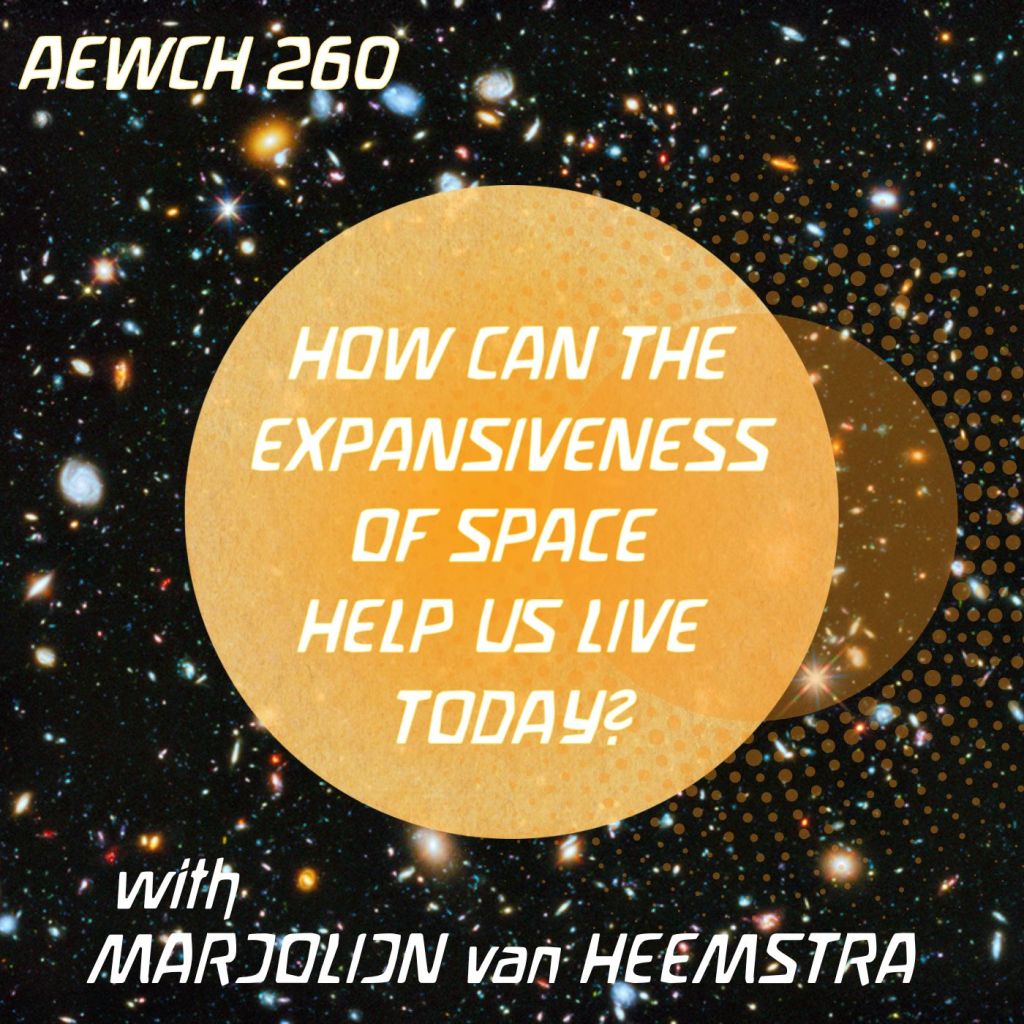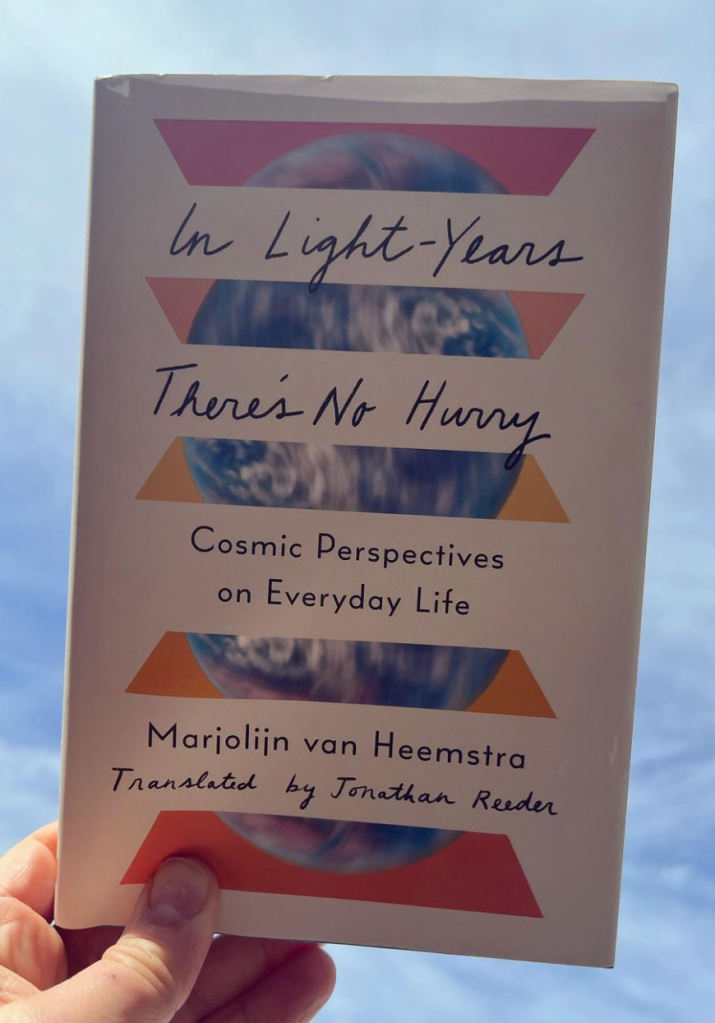LISTEN VIA SOUNDCLOUD ABOVE OR: Apple Podcasts • Spotify • Breaker
Dear friends: Does this podcast offer you inspiration?
If so, do support the show on patreon.
Give a one-time annual or monthly pledge to Patreon.com/connerhabib to connect to and give economic life to something you find value in. Thank you.
Also, please do subscribe to the show, give it a 5 star rating and warm review on Apple Podcasts.
You can also buy my novel Hawk Mountain (and give it 5 star rating and a positive review on Goodreads!)

Friends,
A new journey. This is the first episode in a series of episodes on science and how science intersects with our lives in surprising ways: through the healing and connective powers of the void of space, terrifying encounters with predators, the development of the concept of nature, our own animalistic violence, the truth and complications of the scientific method itself, and connection at the tiniest layers of existence.
Just as the connections are surprising, so, I hope, will be the picture of science. I don’t mean science in the dull and deadened way science is spoken about, mostly today; that is, a science drained of its vitality through economic and political struggle. Because right now, science primarily finds our way into our consciousness through confrontations: whether they’re about pharmaceuticals or AI or climate change, science lives most squarely in tensions and the low hums of everyday anxiety.
Instead, this is a science that is completed by our engagement with it. A science that connects its offerings with our moral impulses, with love, and with enthusiasms.
When I was in grad school, I studied science primarily in small in organismic and evolutionary biology seminars with the great and groundbreaking scientist Lynn Margulis. The most important thing my science education gave me was the ability to be critical of science. But the second most important thing was the inspiration of loving it.
So these episodes will not be “scientific” episodes, exactly, but they will be about science without falling into the merely scientistic.
To kick off the series, I’m joined by the poet laureate of Amsterdam, novelist and nonfiction writer Marjolijn van Heemstra, whose newly translated book, In Light-Years There’s No Hurry: Cosmic Perspectives on Everyday Life, gives a portrait of the vital necessity of seeing space and the sky differently, offering an illuminating and helpful darkness.
Marjolijn and I talk about the ways in which the overview effect – that is viewing earth from space – can be brought into our lives. We discuss the power of walking in the night – in fact Marjolijn runs night walks in the Netherlands – and the way it connects those with disparate political beliefs We talk about the fragmentation and the whole of existence, the Hubble telescope, and the need to be expansive, not just contracted or even only “mindful” in our moment to confront and live along with the challenges facing us.
Marolijn also reads from her book and also a poem, “The Middle”.
I’m so happy to share this first episode on how the sciences find their ways into our lives.
CH












 Hi friends,
Hi friends, My friend
My friend 

